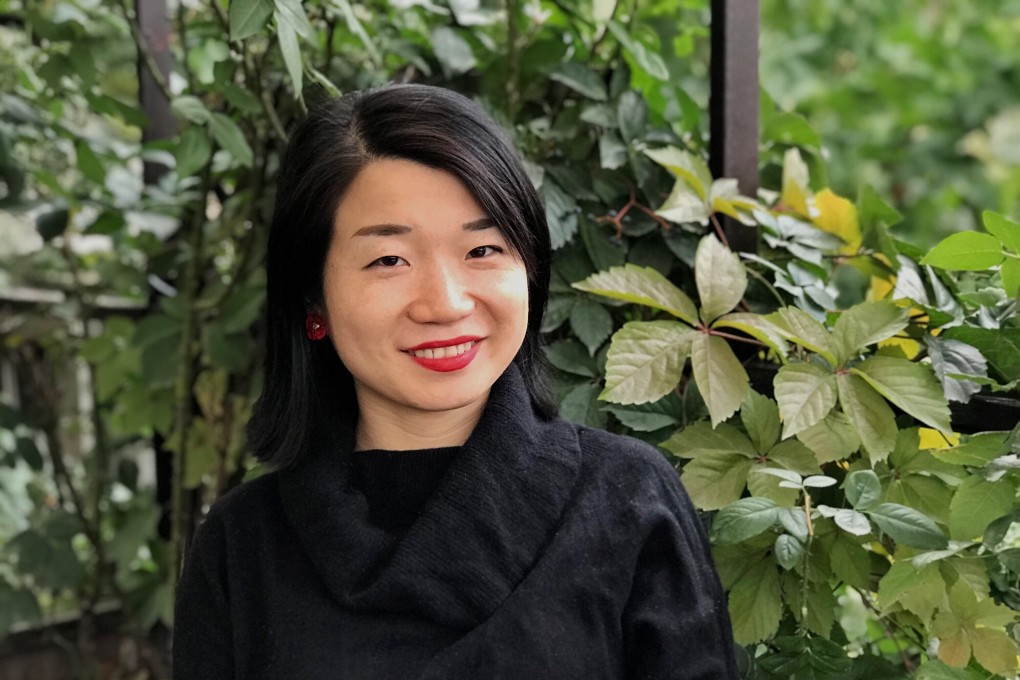Advertisement
Review | Under Red Skies: Karoline Kan comes to terms with China’s conflicted past through family’s story
- The former New York Times journalist draws on personal narratives to write a coming-of-age tale unique to contemporary China
- It was through oral histories, rather than through textbooks, that she developed a connection to her homeland
Reading Time:5 minutes
Why you can trust SCMP

Under Red Skies: Three Generations of Life, Loss and Hope in China
by Karoline Kan
Hachette Books
Advertisement
4/5 stars
The word “generation” can divide or unite, and in both ways informs Karoline Kan’s riveting memoir, Under Red Skies: Three Generations of Life, Loss and Hope in China.
Advertisement
A former New York Times reporter who writes about millennial life and politics in China, Kan grew up in the countryside in the 1990s and early 2000s. She earned the nickname genpichong, or “bum beetle”, for her habit of following adults around listening to their stories.
Advertisement
Select Voice
Select Speed
1.00x